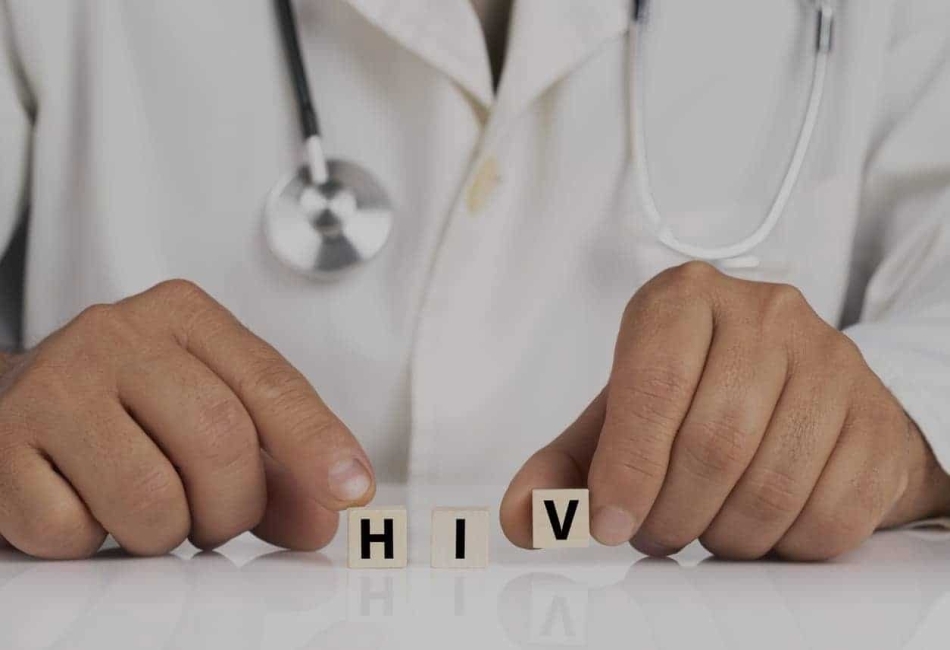Facing Your Fears: Common Concerns About HIV Testing in Singapore
HIV testing in Singapore is an important part of both personal and public health. Early diagnosis lets people get care that could save their lives and take steps to stop the disease from spreading. Even though it’s important, the thought of HIV testing in Singapore often makes people very nervous and brings up questions that they don’t want to ask. People can avoid this important health test because they are afraid of the results, worried about their privacy, don’t understand how it works, or are afraid of the social stigma that comes with it. The purpose of this article is to talk about some of the most common questions and worries people have about HIV testing in Singapore that aren’t always voiced. We hope to take the mystery out of the process and increase informed sexual health decisions by giving clear and real information.
1. Concern: The Consequences of a Positive Result
Fear of getting an HIV diagnosis is probably the biggest reason why people don’t get tested. The public is still afraid of HIV/AIDS because of the historical links between it and serious disease and death. However, the way HIV is treated has changed a lot in the last few decades. Modern advances in Antiretroviral Therapy (ART) have made HIV a well-manageable long-term illness. Individuals who are identified with HIV and start ART right away and follow their treatment plan can effectively suppress the virus. Thus, they can live long, healthy, and useful lives, and their life expectancy is usually about the same as the average person. Furthermore, the scientific theory that “undetectable = untransmittable” (U=U) is now well known. Thus, when ART lowers a person’s viral load to levels that can’t be found using normal lab tests, there is basically no chance of getting HIV from a partner through sexual contact. Being told you have HIV is definitely bad news, but it’s important to know that the outlook is not as bad as it used to be. To get effective care, stay healthy in the long term, and stop the disease from spreading, getting a diagnosis is the first and most important step. The ability to take charge comes from knowing one’s situation.
2. Concern: Confidentiality, Privacy, and Potential Judgment
Fear of social criticism or discrimination and worries about who might find out about the HIV testing in Singapore or its result are major reasons why many people don’t take it. Some people are worried about how to keep medical records private and how healthcare workers might respond. When it comes to patient privacy, healthcare systems are bound by strict legal and moral rules. The results of an HIV testing in Singapore are private health information. Testing centers with a good reputation, like public health offices, private practices, or non-governmental organizations (NGOs), follow strict rules to protect patients’ privacy. There are options for anonymous testing (where no identifying information is linked to the test) and confidential testing (where results are linked to a name but kept private in the medical record).
People who want to get HIV testing in Singapore should feel free to ask about the facility’s individual privacy policies. When people are afraid of being judged, it’s important to remember that healthcare workers have a moral duty to treat everyone the same. They are there to help patients stay healthy and happy, not to judge people’s behavior or way of life. It is a good thing to do for your health to get an HIV test. Social shame still exists, which is sad, but healthcare professionals are taught to offer support and counseling without passing judgment. Patients should be served with care, and they can get help somewhere else if they don’t feel safe.
3. Concern: The Testing Procedure Itself
People may also not get screened because they are afraid of the physical experience of the test, such as possible pain, discomfort, or difficulty. Luckily, most HIV testing methods are easy, quick, and don’t cause much pain. Some common steps are:
- Oral Fluid Test: A swab is used to get a sample from the inside of the cheek or the gums. This method does not hurt and does not involve cutting.
- Finger-Prick Test: One way to get a blood sample is to make a small hole in the tip of the finger with a lancet. Usually, it feels like a short pinch.
- Venipuncture: This is the same process that is used to get a blood test for another health problem. A vein in your arm is used to draw blood and a needle is used. The process is quick and is done by trained professionals who will do their best to make you feel okay.
At many testing centers, HIV testing in Singapore (often using saliva or finger-prick samples) can give you basic results in 20 to 30 minutes. An effective testing session usually includes counseling before the test, counseling during the test, and counseling after the test (especially if results are ready right away). Long-term health benefits of knowing one’s state far outweigh the short physical part.
4. Concern: Accuracy of Test Results
There are a lot of questions about how reliable HIV tests are, like whether they can give false results or negatives. With proper care, modern HIV tests are very accurate, often reaching 99% reliability. But it is very essential to understand the “window period.” There is a certain amount of time between being exposed to HIV and a test being able to correctly identify the virus or the antibodies made in reaction to it. Whatever kind of test is being used determines this time frame. Too early testing during this window time might show a negative result even if an infection has already happened (a false negative).
Potential exposure dates can help testing providers decide when to do the test, and they may suggest doing it again after a certain amount of time to be sure of a clear result if the exposure was recent. It is rare for the first screening tests to give false positive readings, but it can happen. This is why normal procedures say that any reactive (preliminary positive) result from a screening test needs to be confirmed with at least two other, very specific follow-up tests before an HIV diagnosis is made for sure.
Conclusion
It is natural that people are hesitant to get an HIV test because the topic is sensitive and there are worries about results, privacy, and social stigma. However, it is very important to deal with these issues using up-to-date, correct knowledge. These days, modern medicine has made HIV a treatable illness. Privacy is protected by law, testing is easy, and findings are very accurate. You can take charge of your health by getting over your fear of getting checked. For people who know they have HIV, getting the right care when they need it and making smart decisions to protect themselves and their partners are made easier. To improve your health and the health of the community as a whole, it’s necessary to get accurate information and use accessible testing services.
The Health Advisory Clinic
One Raffles Place, #04-49
1 Raffles Place, Singapore
048616
Tel: (+65) 6226 6442
Whatsapp: (+65) 9886 6442







